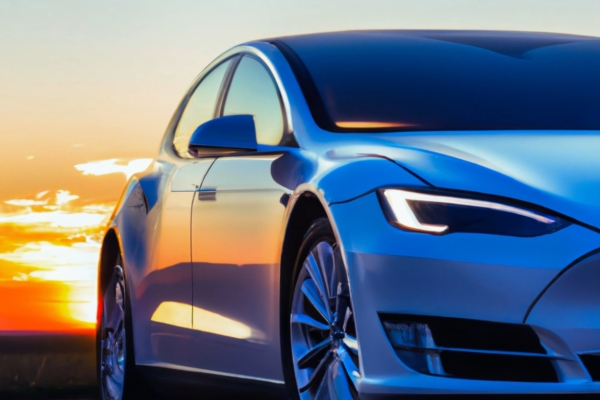Lease vs Buy
People typically have two options when it comes to paying for their vehicle: lease or buy. When you buy a car, you take out an auto loan and make monthly payments. With each car payment, you gain more ownership of your car. Once it’s paid off, the vehicle is 100% yours. Car leases operate differently. Instead of paying to own a new car, you simply pay monthly to use it. It’s similar to renting a home or apartment.
Both options have their pros and cons. To help you decide which is right for you, we created the lease vs. buy calculator. This tool will help you understand the costs associated with each option.
This calculator is for illustrative purposes only and based on information provided by the user. Accuracy is not guaranteed. All loans are subject to approval. Your actual rate, terms and fees may vary.
Any calculator results will be sent from [email protected]. This sender is valid in this instance only; it does not reflect our legal domain or email address.
Vehicle Purchase Price
Purchase price is the negotiated price of the automobile, used in both leases and purchase options as the basic price you agree to pay. The purchase price may not be the same number as the manufacturer’s suggested retail price.
Sales Tax Rate
Sales tax is governed on the state and local level, so what you put here will be based on where you live. 45 states and the District of Columbia have statewide sales taxes and 38 states have areas with local sales tax. These taxes are imposed on the sale of goods and services and are levied at the point of sale.
Ready to Buy Your Next Car?
Our fast and easy online application makes buying a new or used car easier than ever.

Loan / Lease Term (months)
Every loan or lease has a set term, or period of time, during which you’re supposed to pay off the loan. You can find auto loans with terms anywhere between 24 months and 84 months, or two to four years. In 2020, the average loan term for a new car was 70.6 months, which is nearly six years. The most common loan term is six years, with seven-year loan terms following close behind.
Your term affects how large your car payments will be, as well as how much you will ultimately pay. With a shorter loan term, you’ll have larger monthly payments but pay off the loan quicker. If you have a longer loan term, your monthly payments will be smaller. However, if your interest compounds, you’ll pay more overall due to more interest payments.
With a lease, at the end of term the lessee has two options: buy the vehicle for a value set at the time the contract is signed or simply turn in the vehicle.
Down Payment
A down payment is money that you pay upfront when buying something on credit. A dealer may have a required down payment, but buyers will sometimes pay more if they have the money on hand. Typically, experts recommend putting down at least 20% of the purchase price. Remember, the more you put down, the less your monthly payments will ultimately be.
Cash Rebate or Cash Back
Some dealers offer cash back or rebates for purchasing a vehicle. Make sure to understand all the fine print of any rebate or cash back incentive you sign up for.
Interest Rate
A lender won’t let you borrow money for free. The loan rate, also called the interest rate, is what a lender charges in exchange for you being able to borrow the funds. With auto loans, the rate is fixed, meaning it doesn’t change over time. It’s calculated as a percentage of your total loan amount and is added to the principal balance of the loan.
There are two types of interest that you’ll see with auto loans: simple interest and compounding interest. With simple interest, you’ll just pay a certain percentage of the loan principal. With compounding interest, on the other hand, your monthly interest payments will be based on the principal and the interest that has already accumulated.
Acquisition Fees
This fee is charged by the dealer to originate the lease. It can vary depending on the dealer and the type of vehicle. Generally, the more expensive the car, the higher your acquisition fee will be.
Capitalized Cost Reduction
As is the case when you purchase a car, many dealerships will require a down payment when you lease a car. But unlike a down payment when you purchase a car, putting down money on a lease typically has far less of an impact on your overall costs. However, you can still expect to see a lower monthly payment if you do put money down.
Residual Value
This is the value of the car the end of your lease term. The dealer issuing the lease will estimate this value when they originate your lease.
Money Factor
This is basically a lease rate, or the interest charged by the lessor. You may also hear this called a “lease factor” or “interest rate”. Typically, the rate that you receive is based upon your credit score, much like your interest rate when you purchase a car.
Fit Your Car Payment into Your Budget
The most important factor in all of this is simple: does it fit into your budget? Whether you’re not sure where to start with your budget or you’re looking for tips to level up your skillset, you can check out our blog posts on Money Management for more helpful articles! We want to provide you the kind of financial advice you need to accomplish your goals.

